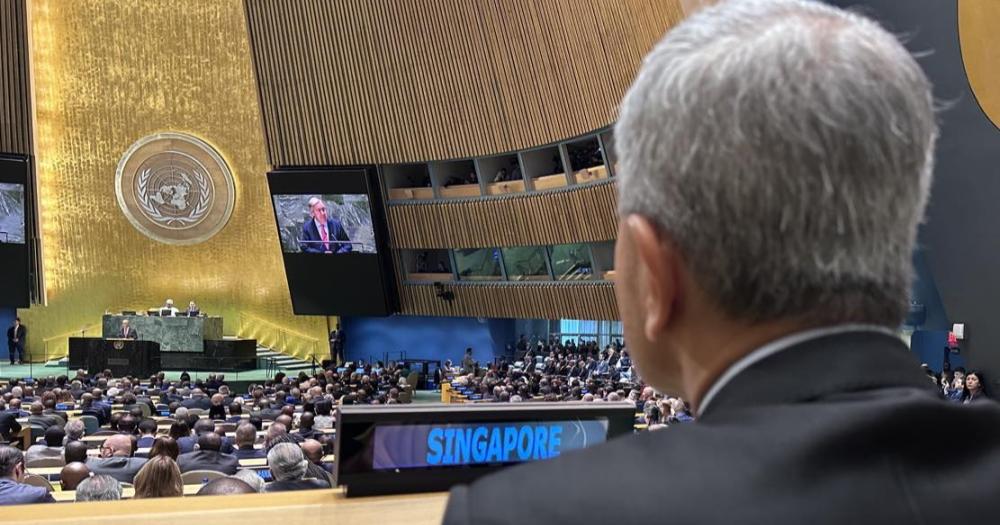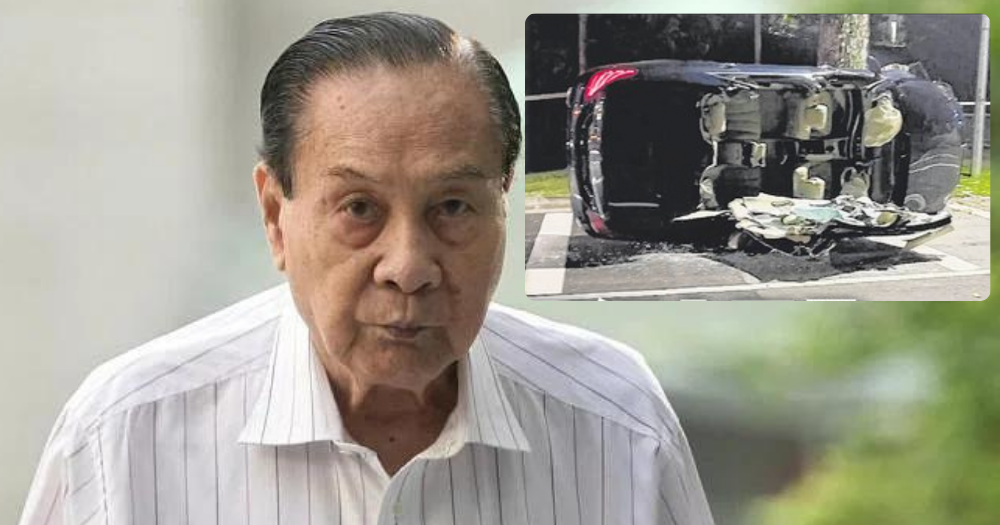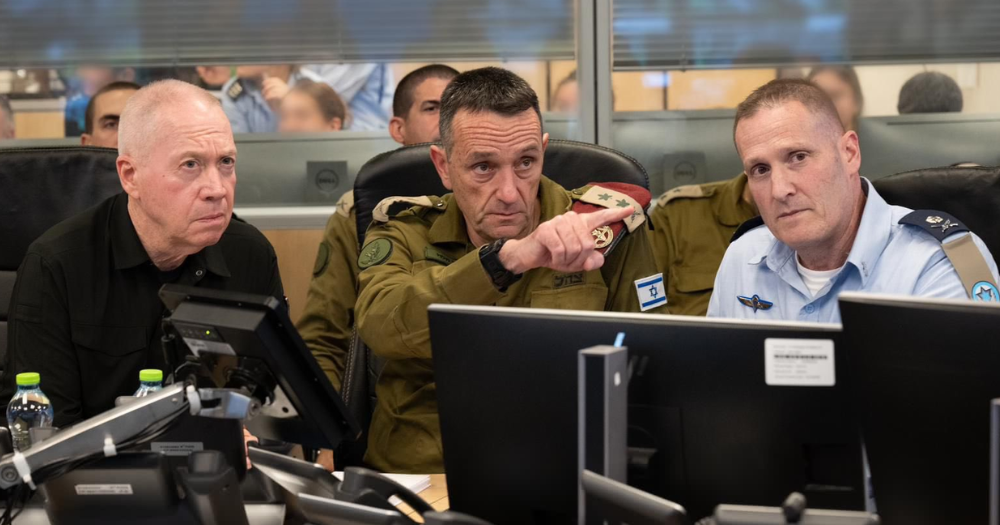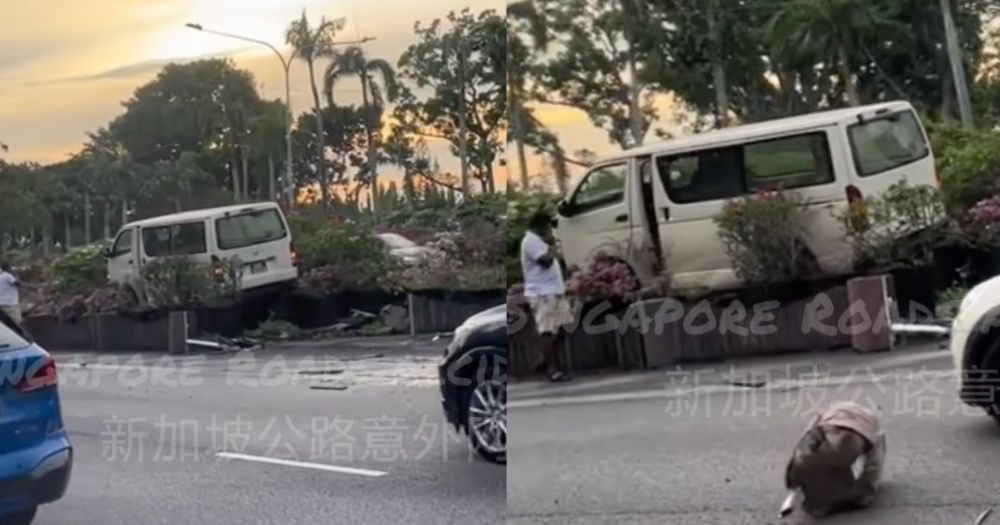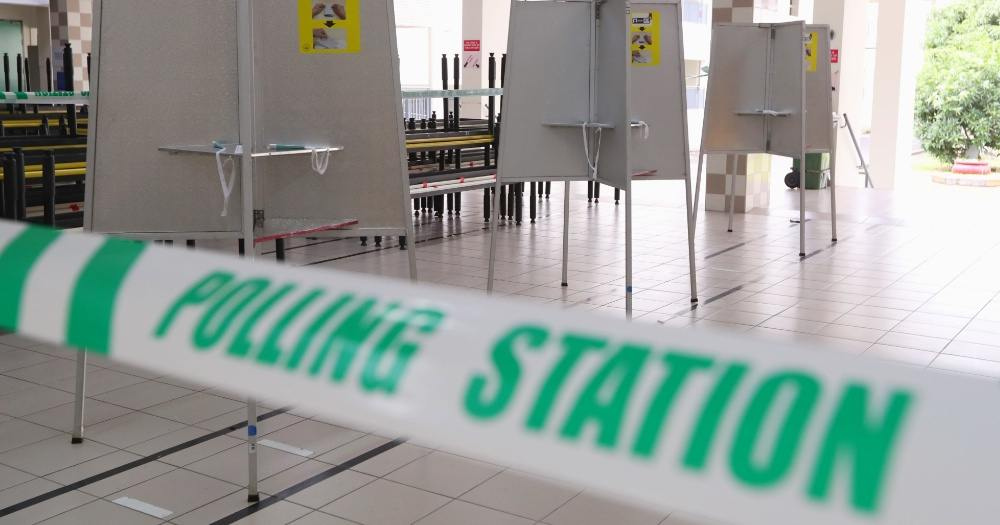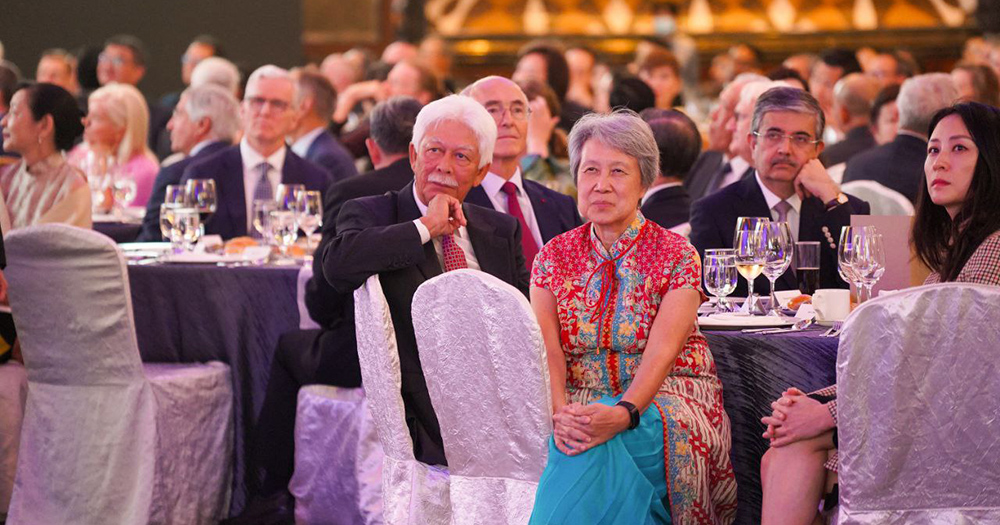Vivian Balakrishnan addresses UN Security Council for 1st time, calls for reform of veto powers
A unique opportunity.
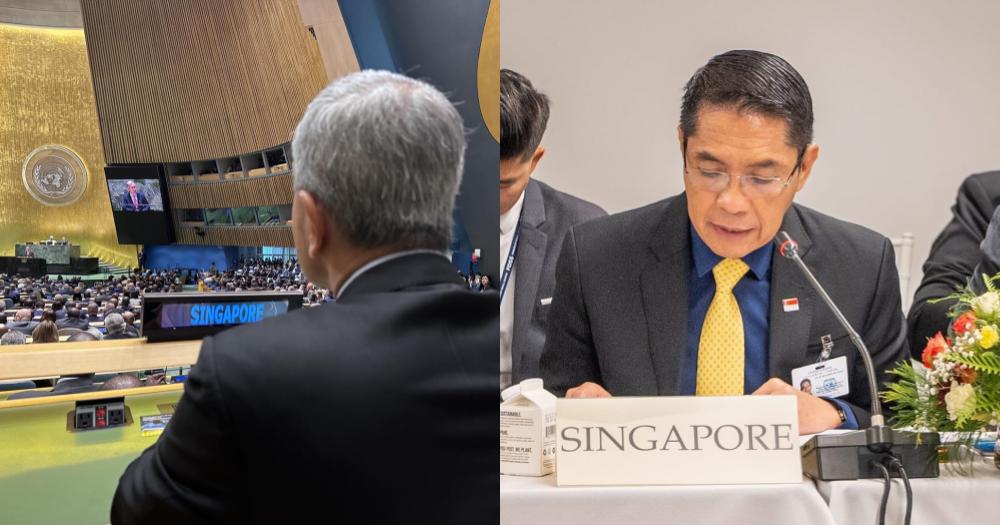
Singapore's Foreign Minister Vivian Balakrishnan and Second Minister for Foreign Affairs Maliki Osman are both in New York attending events as part of the United Nations High-Level Week.
In addition to participating in several summits and roundtables, the ministers also met with their international counterparts on the sidelines of these meetings.
The week is usually capped by a speech in front of the entire UN general assembly, and several prominent world leaders have already given speeches, notably Joe Biden, addressing the UN for a final time as U.S. president.
Palestinian Authority
Because of the concentration of foreign leaders at the general assembly, it is not uncommon for ministers to meet with counterparts on the sidelines.
On Sep. 25, Vivian met with the prime minister and foreign minister of the Palestinian Authority, Muhammad Mustafa, whom he had met with earlier in 2024 when Vivian visited the Middle East.
Vivian expressed concern about the increasingly dire humanitarian situation in Gaza, while Mustafa expressed his appreciation for Singaporean support and compassion.
Both discussed ways to provide more medical and humanitarian support for the Palestinian people.
Singapore has thus far contributed more than S$17 million worth of donations.
Vivian said in a social media post that Singapore stood ready to do more and reiterated Singapore's call for an immediate humanitarian ceasefire, as well as the unconditional, immediate, and safe release of all hostages.
He said: “We look forward to peace, progress, and reconstruction that the Palestinian people need and deserve.”
UNSC Reform
Vivian addressed the UN Security Council (UNSC) for the first time in his tenure and called for the reform of the UNSC on Sep. 25.
He called for reforms to constrain the exercise of the permanent members of the UNSC's veto, called on the UNSC to do more to prevent conflicts, as well as to strengthen the role of the non-permanent, elected members of the UNSC.
Vivian said the permanent members (P5), the U.S., Russia, China, France, and the United Kingdom, should focus on the broader goal of delivering international peace and security.
Fulfilling the mandate
However, the P5 were increasingly exercising their vetoes, which suggested that the choice to voluntarily change their behaviour could not be left to the P5.
Vivian called on the wider United Nations membership to reach an agreement on how the veto will be exercised in the future, saying that Singapore stands ready to discuss this further at the general assembly.
Singapore’s approach was not to encroach on the council's mandate but to guard against actions that prevent the UNSC from fulfilling its mandate.
Vivian referred to the Pact for the Future, which pointed to Article 99 of the UN Charter as a powerful tool of preventive diplomacy, saying that the UNSC needed to react more quickly with concrete responses when Article 99 was invoked.
Article 99 states that the United Nations secretary-general may bring to the attention of the UNSC any matter, which, in his opinion, may threaten the maintenance of international peace and security.
Small states bridge gaps
Finally, Vivian called for the role of the Elected 10 (E10) members of the UNSC to be strengthened.
Where the P5 were, as their name implied, permanently on the UNSC, the E10 only had two-year terms, before being replaced by other members of the UN.
The P5 can also unilaterally veto any UNSC motion.
Vivian said the E10 regularly bridged the gaps where the P5 were “instead mired in mutual distrust and paralysis”.
Instead, the E10 should have a greater say in the decision-making.
They should be allowed to lead or co-lead on key issues, especially where the respective regions were concerned.
Small states
Maliki also took part in his fair share of bilateral meetings on the sidelines, meeting with the foreign minister of Oman, and of Madagascar, amongst others.
On Sep. 24 he also spoke at the High-Level Ministerial Roundtable, “Strengthening Multilateralism by Upholding the UN Charter, the Role of Small States”.
There he also promoted the role of small states and the importance of a rules-based multilateral system based on international law and the UN Charter.
These allowed small states to participate effectively in the multilateral system on an equal footing with other countries.
He also called on small states to be active and engage in norm-setting and decision-making.
These were integral processes in building a strong and effective multilateral system, and that was important in ensuring small states' perspectives were taken into account, he added.
Small states should also seize opportunities to be leaders and pathfinders in shaping international rules of the road, and also find strength in numbers to ensure the voice of small states is always heard.
He also touted the various groups that Singapore participated in to help form “our collective voice” as small states.
Singapore participated in the 64 member Small State Group, convened the Forum of Small States, and authored, along with fellow Forum member Rwanda, the AI playbook for Small States.
The United Nations High-Level Week will continue until the weekend, and Vivian will address the UNGA on Saturday, Sep. 28.
Related story
Top image via Vivian Balakrishnan/Facebook & Dr. Maliki Osman/Facebook
MORE STORIES







